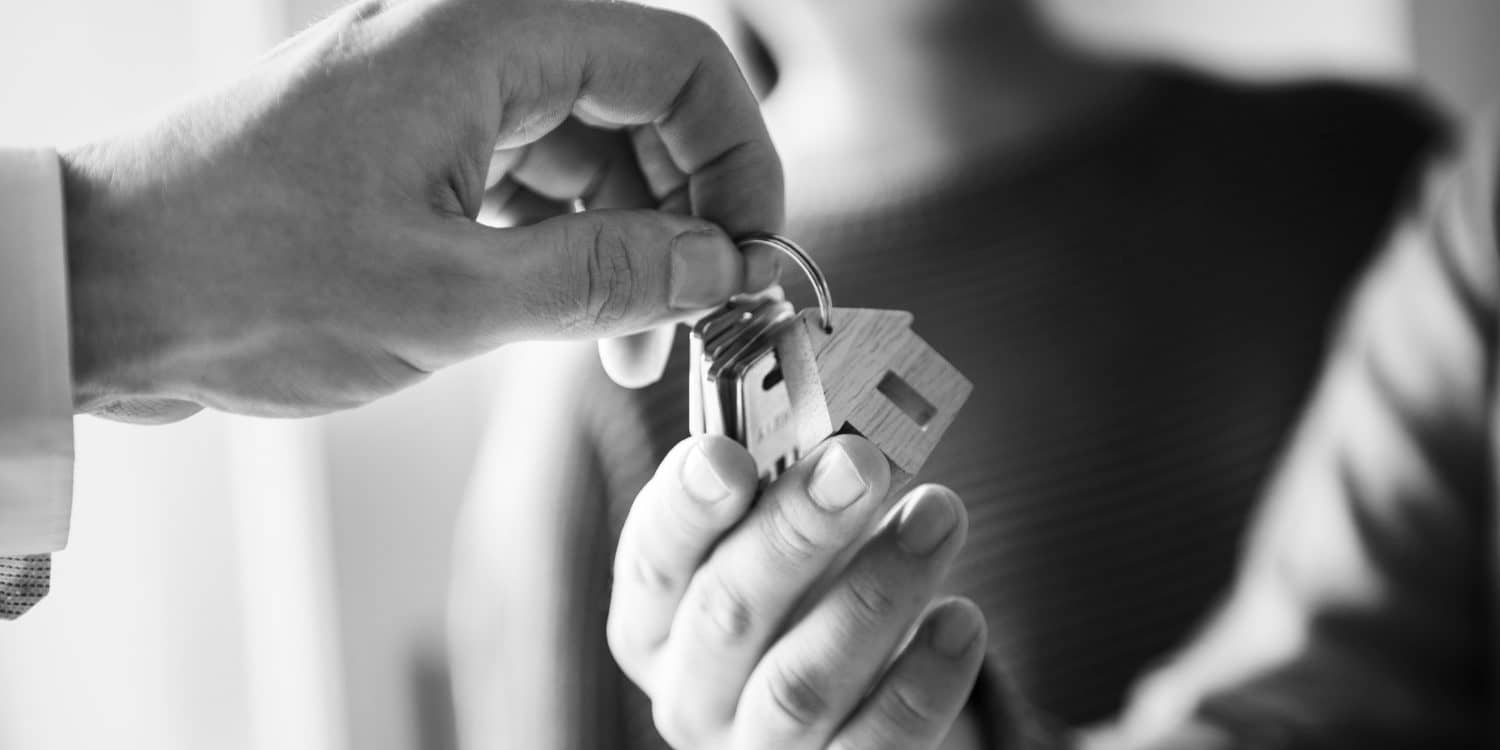In Pennsylvania, a debtor may choose either the federal or state exemptions. In some states, there is no such choice. An exemption is a legal term describing the debtor’s right to keep a certain amount of their property so that they can obtain a fresh start after the bankruptcy.
Exemptions play an important role in both Chapter 7 and Chapter 13 bankruptcy. In Chapter 7 bankruptcy, exemptions help determine which property you get to keep. In Chapter 13 bankruptcy, exemptions help determine how much you’ll have to pay to your unsecured creditors.
Federal Exemptions are listed under Section 522 of the U.S. Bankruptcy Code. The following bankruptcy exemptions may be doubled (2x) if a husband and wife file a joint petition. The dollar amounts of the federal exemptions are adjusted every three years in response to the Consumer Price Index, and were last adjusted on 04/01/2013.
Most important federal exemptions – Section 522
- Jewelry: $1,550.00
- Tools of the trade: $2,300.00
- Motor vehicle: $3,675.00
- Life Insurance Policy: $12,250.00
- Household furnishings: $12,250.00
- Wildcard: $12,725.00
- Personal injury compensation payment: $22,975.00
- Real property: $22,975.00
- Retirement accounts that are exempt from taxation: $1,245,475.00
Pennsylvania State Exemptions
The statutory exemptions can be found in 42 Pa.C.S. Section 8123-27 et seq. and listed following Pa.R.C.P. 3123.1.
- Clothing: Exempt
- Bibles & school books: Exempt
- Sewing machines: Exempt
- Household goods: $300.00
- Motor vehicle: $300.00
- Tools of the trade: $300.00
- Bank accounts: $300.00
- Wildcard: $300.00
- Real property: No statutory homestead exemption in Pennsylvania.
- Pensions and individual retirement plans or annuities: Exempt









